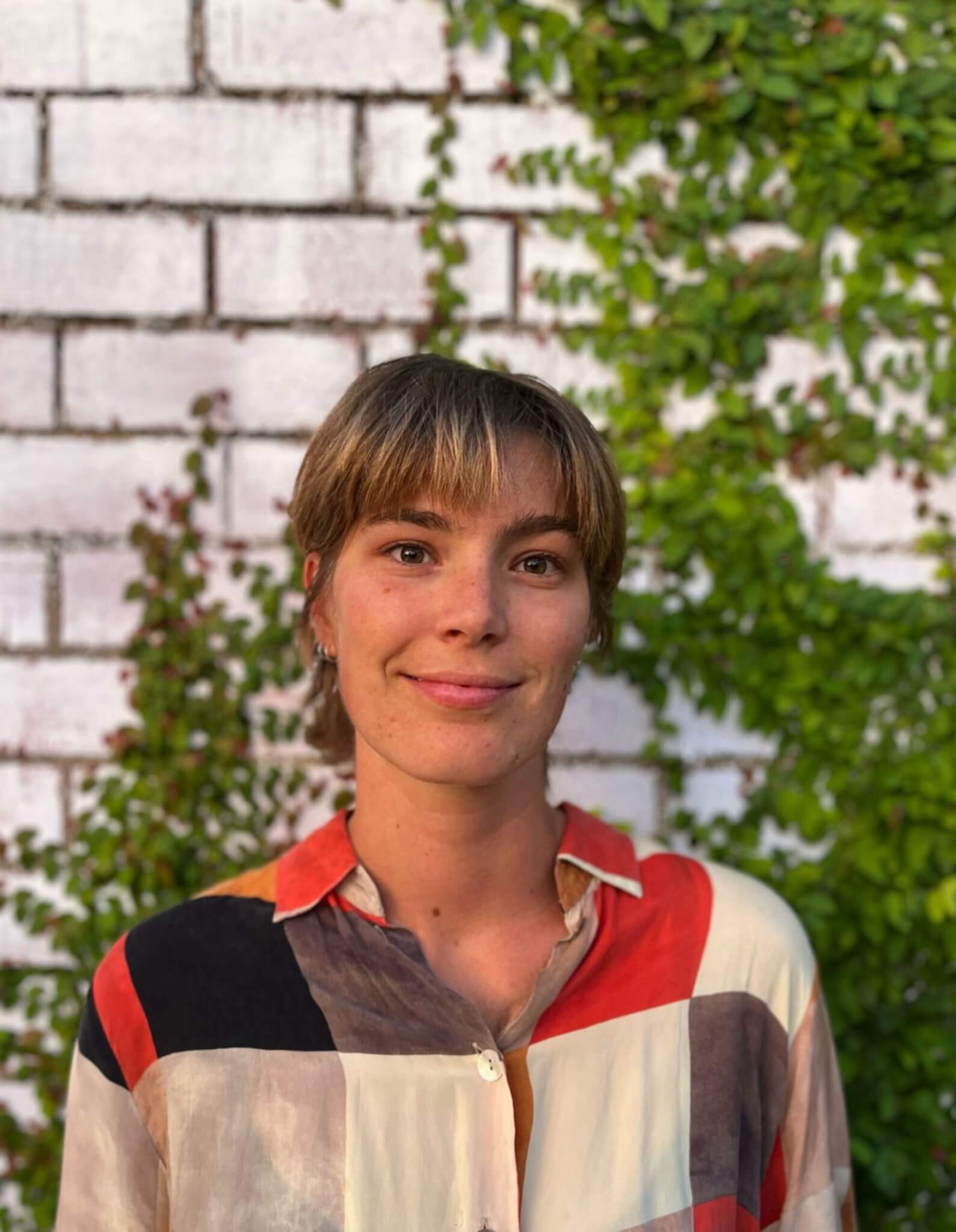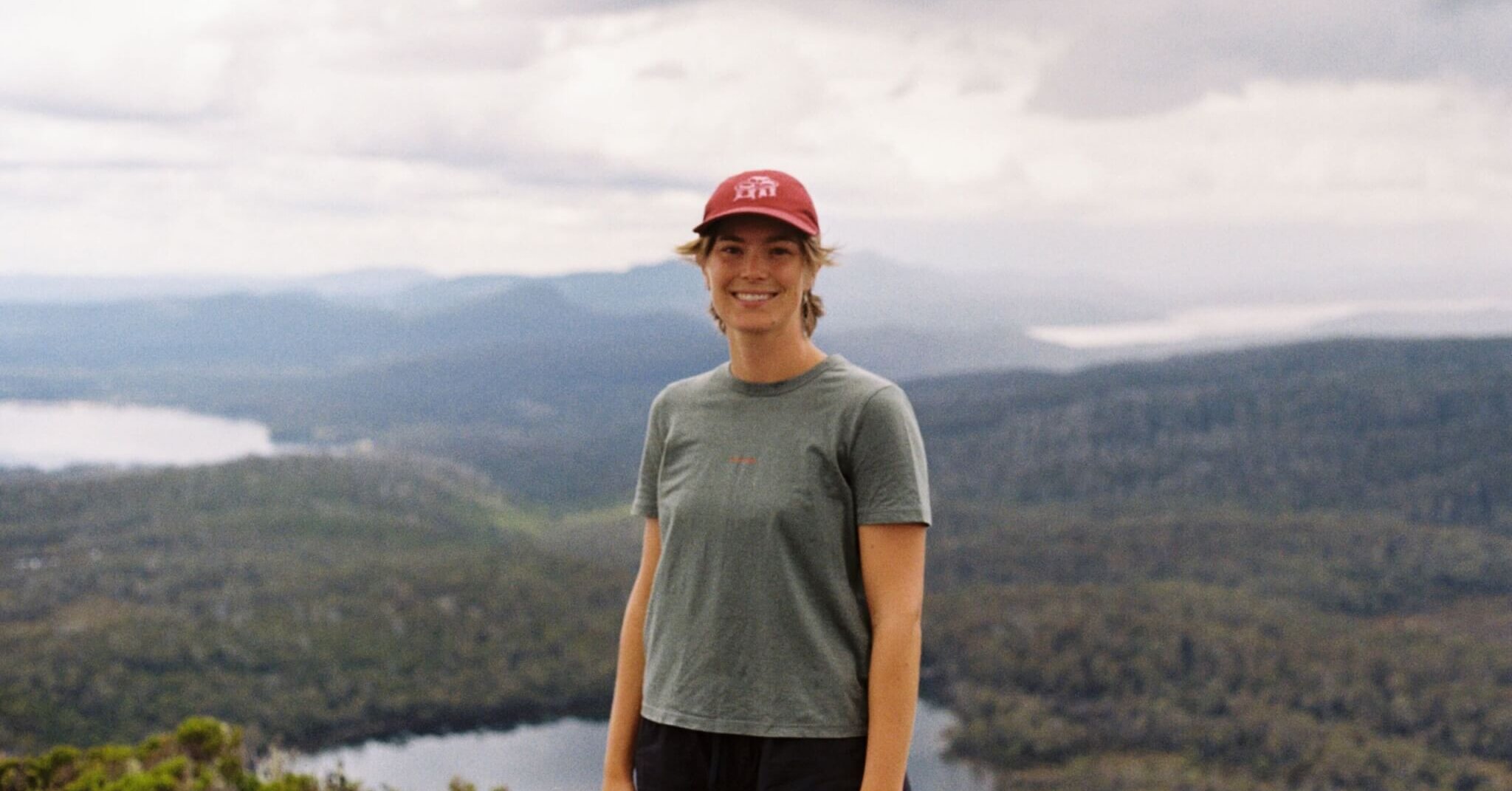From refugee rights to coal communities, Bell is a passionate social justice lawyer from Tasmania.
Based in Wurundjeri and Bunurong/ Boonwurrung country, Isabella works in EJA’s coal pollution team.
She helps communities affected by coal pollution in Victoria and NSW to fight for justice and a fast and fair transition from coal to clean energy.
Before joining EJA, she worked in public law and pro bono teams at Russell Kennedy Lawyers, focusing on aged care, disability and coronial investigations, plus acting for people seeking asylum, refugees and First Nations clients in immigration detention.
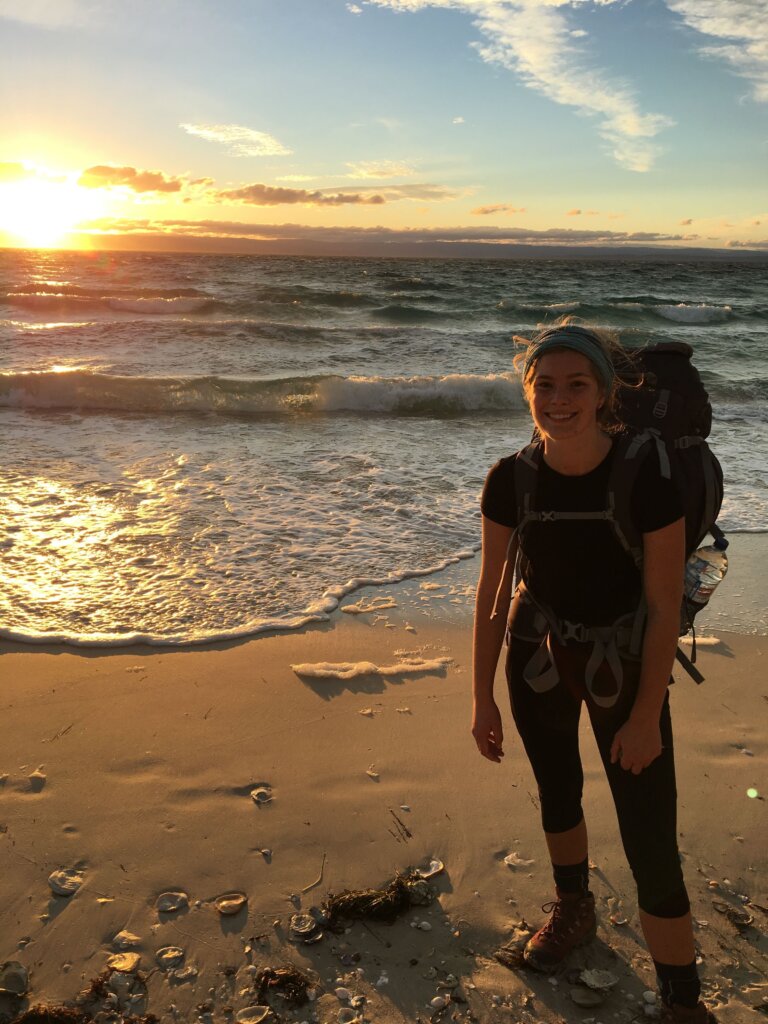
Why did you decide to become a lawyer?
I was really concerned about a lot that was happening in the world and was involved in the refugee space at the time.
I was passionate about social justice issues, so wanted to have a set of skills that I could draw on to tackle some of these issues.
What drew you to Environmental Justice Australia?
I built up my experience in admin law through my work in the refugee sector and in public law. I’ve also been an environmental activist for a lot of my life, and I was really starting to see a lot of issues, learning, going to a lot of climate protests, but I didn’t have much time to devote to this.
So, I built my skills as a lawyer in order to move into the environmental sector, which was what I wanted to do.
I also had a lot of clients in the refugee space who came from countries which were devastated by environmental issues, which also got me thinking about climate issues and where I could do more.
At EJA I can work on social justice issues as well as environmental – there is a meeting between them.
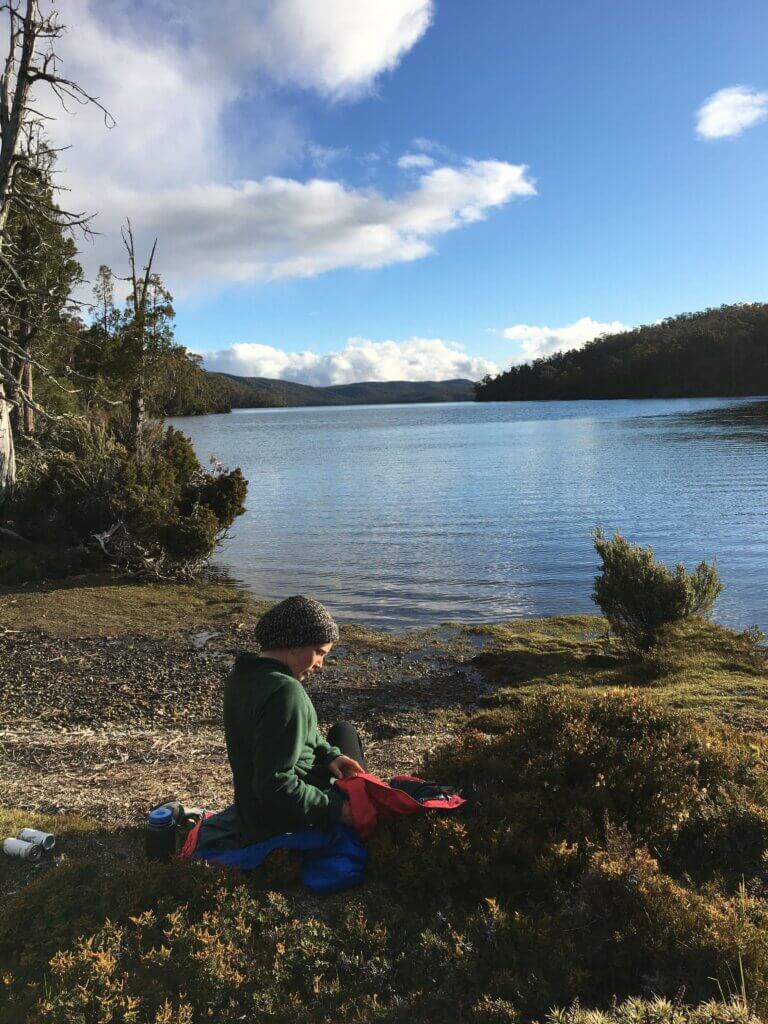
What do you love about your job?
I love working with local groups and activists, in and around coal communities, who are so involved and invested in these issues.
I love being able to support them through my work – whether that’s through legal support or investigating an angle they can use.
Supporting work that is already being done in community, which is happening because of those grassroots groups, is really fulfilling – both in Victoria and New South Wales.
What’s your hope for the future?
I hope that people wake up. That we stop living in this place of fear, that they open up to what a great place, community and society we can be in. That truly honours community and nature, which come first over money and power.
I hope it becomes less of a fight to protect the environment and to act on climate change. That this becomes part of what we do as humans, and everyone is motivated to act. That we all see the benefit in protecting the environment.
I wish that we could really honor the practices that first nations people have been undertaking for centuries.
What advice would you give someone who wants to follow a similar career?
Follow what really gets you fired up, what really gets you angry, and know when that anger is building up.
Figure out why you care about that issue, and if you really care enough to pursue it, know that everything will fall into place: you will meet the right people who have that same fire.
Don’t worry about a linear pathway, follow what you’re passionate about. And look after yourself!
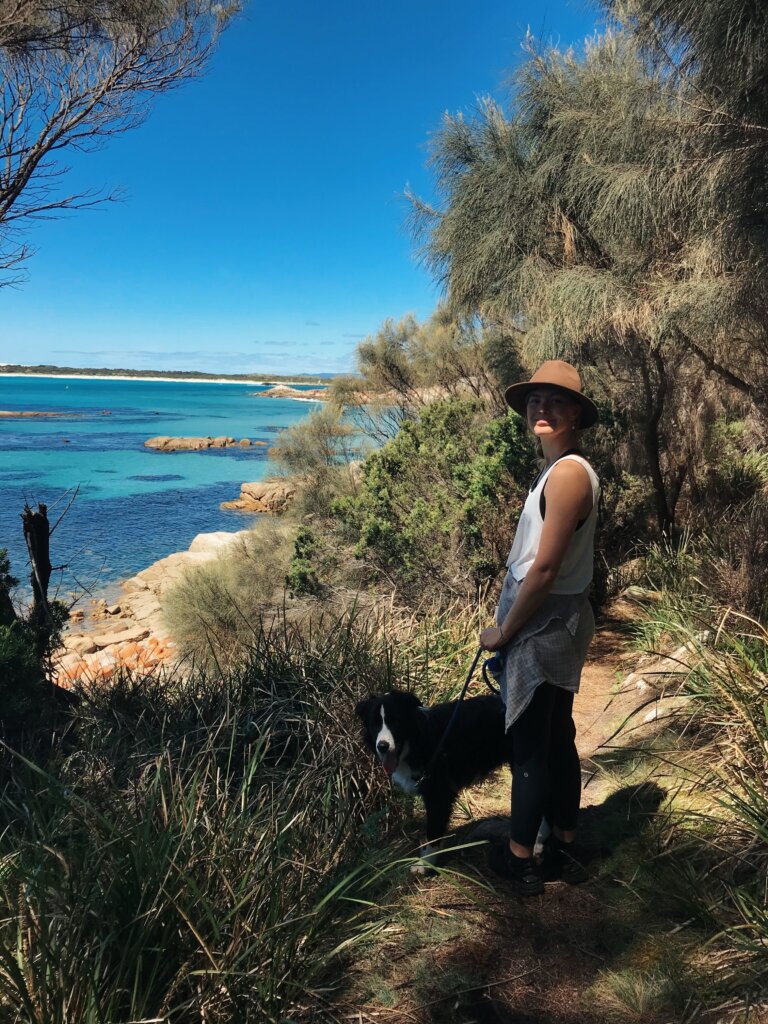
What do you love to do outside of work?
Getting out into nature as much as possible, cooking and creating things. Central Tasmania is my favourite place, maybe because that’s where I’m from, but nothing compares.
Also, the Tarkine, as you really feel that the trees are alive. I’ve never felt so at peace or in awe of a place, somewhere that has been growing for thousands and thousands of years – and you get to be there for one small part of its life.
